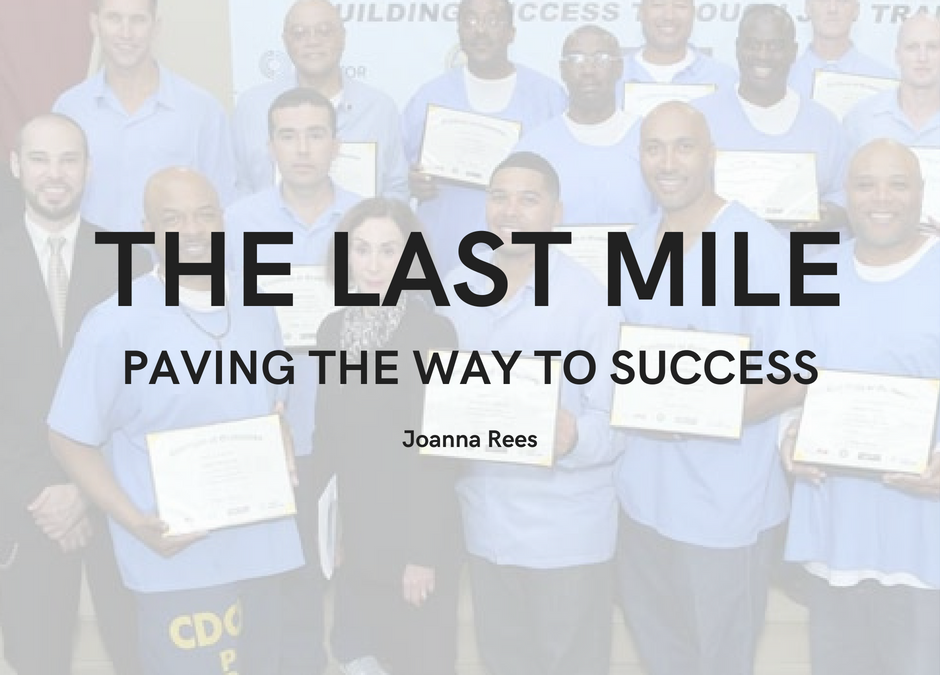For some, being incarcerated can put an end to careers. However, a program in the California prison system is taking steps to ensure that this is not the case for some. Chris Redlitz visited the San Quentin Prison in 2010 and noticed a need within the system to teach the eager inmates about the real world and what was needed to be apart of it after their sentence ended. He was impressed by their business savvy, to the point where he conceived of a way to use entrepreneurial knowhow and help solve the daunting problem of America’s prisons.
With the US containing 5% of the world’s population but a whopping 25% of its incarcerated population, it is not difficult to see that this disparity is a problem. Furthermore, recidivism rates are high for inmates, in part due to the difficulty inherent in finding employment following a sentence. This cycle of incarceration is what Chris aimed to solve.
Created in 2014 by Chris and his wife Beverly Parenti, the Last Mile allows inmates to gain entrepreneur skills and skills needed to reenter the outside world after their sentence ends. Most released inmates are not given the opportunities to start their lives over and the Last Mile wants to change that. Since its inception, the organization has also created the Last Mile Works, a web development team based out of San Quentin State Prison as part of its partnership with the California Prison Industry Authority.
The Last Mile started as a six-month entrepreneurial program where participants could pitch their ideas at its conclusion. Now, it has become so much more, particularly with their Code.7370 program. Inmates train 2000 hours before being interviewed and accepted into Code.7370. Once in the program, inmates are expected to work 8 hour days, 4 days a week and are paid a competitive wage. Their earnings are placed into a savings account which is turned over to them after they are released as a little nest egg to start their new lives outside of prison.
Code.7370 allows them to learn front-end technology to code and design websites using WordPress, NodeJS, JavaScript, HTML and CSS. The programmers are given access to an internet simulated infrastructure hosted on the prison’s local server with access to Stack Overflow and mock Twitter and Facebook API’s to design and develop coded websites. The program also gives them the chance to work with clients and gain the professional skills needed once in the workforce.
The results are astounding. In California, the recidivism rates for prisoners is 65%, higher than the national average. Among graduates of the Last Mile? 0%. A bit of mentorship and professional experience goes a long way.
The program is currently in five prisons across the state of California, two of which are located at women’s correctional facilities. The program will also launch this year at a women’s prison in Indiana with support from Governor Eric J. Holcomb. Eventually, Redlitz and Parenti want The Last Mile Works to be available at prisons across the United States to give inmates the break needed to create a life after incarnation.

